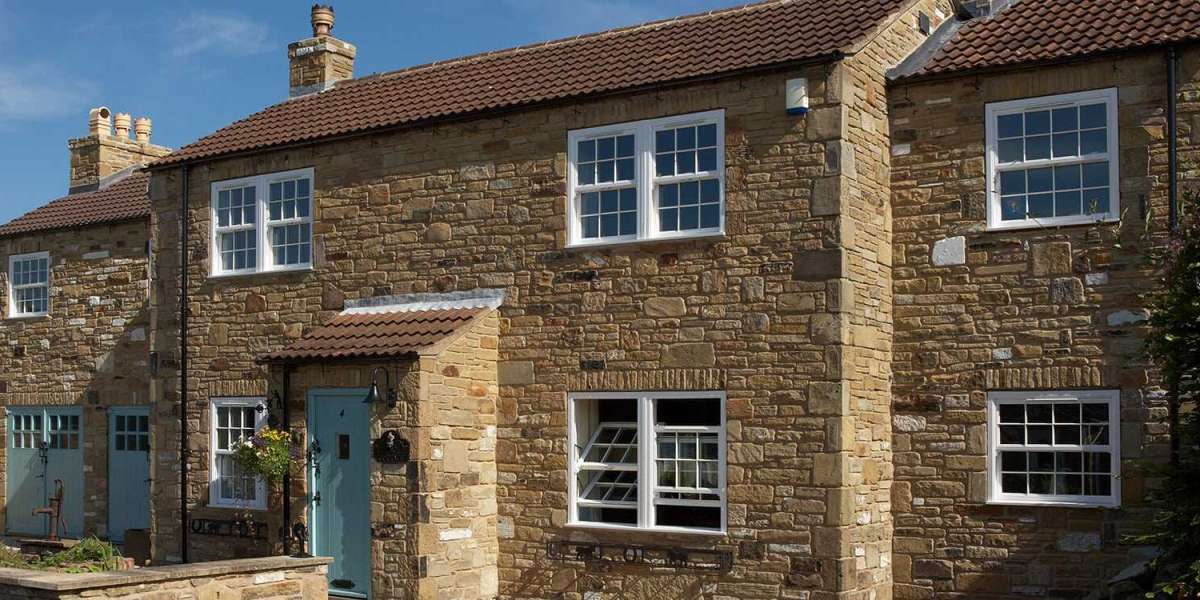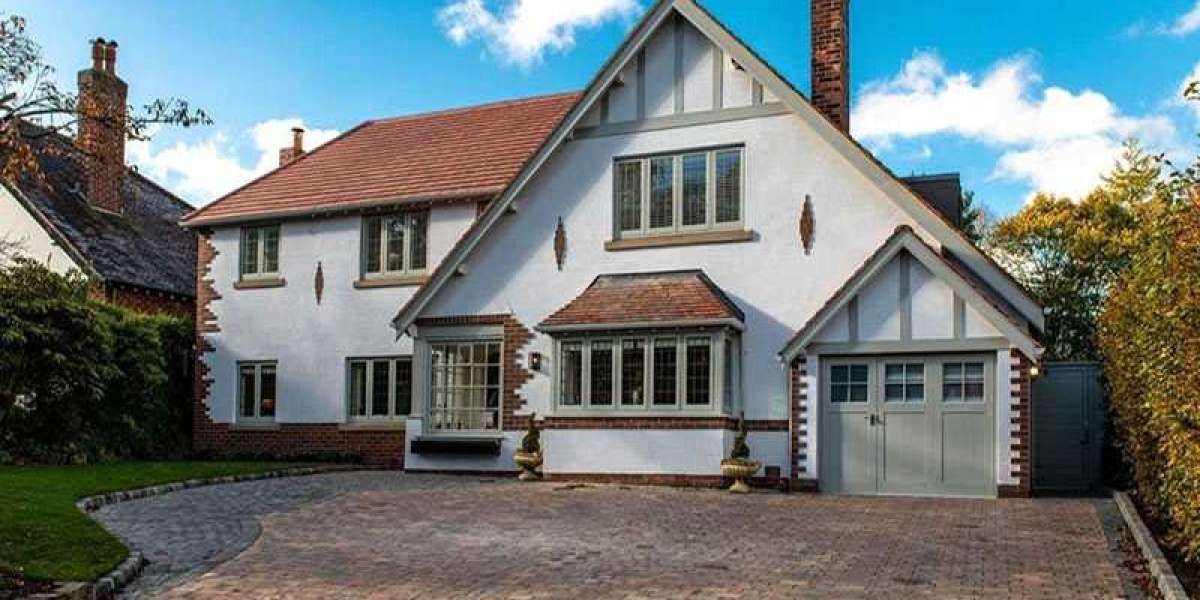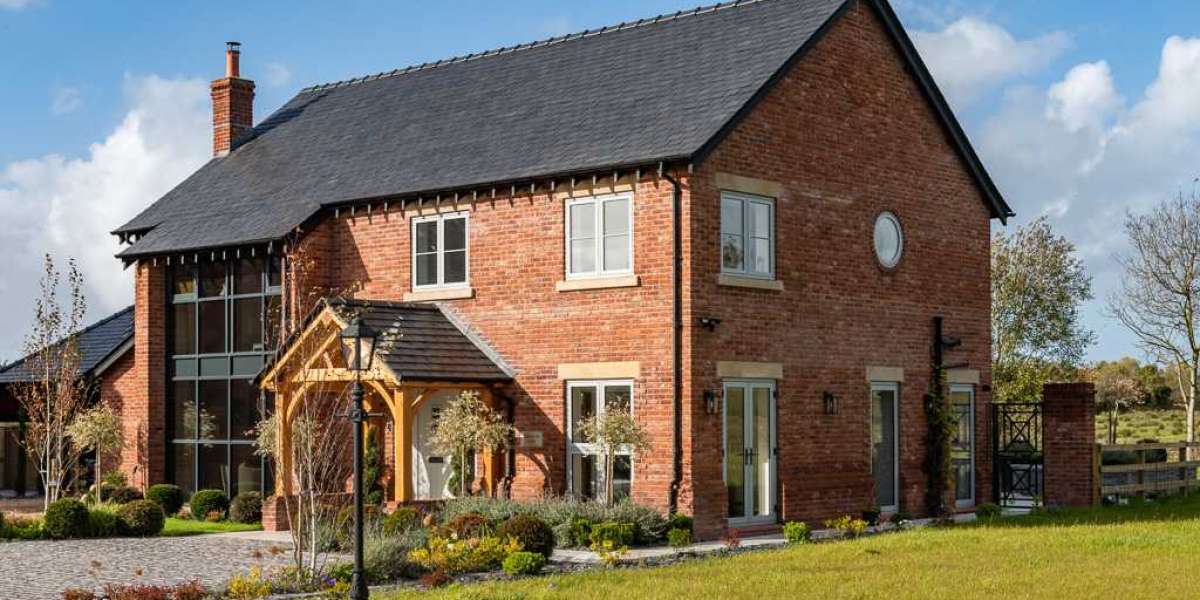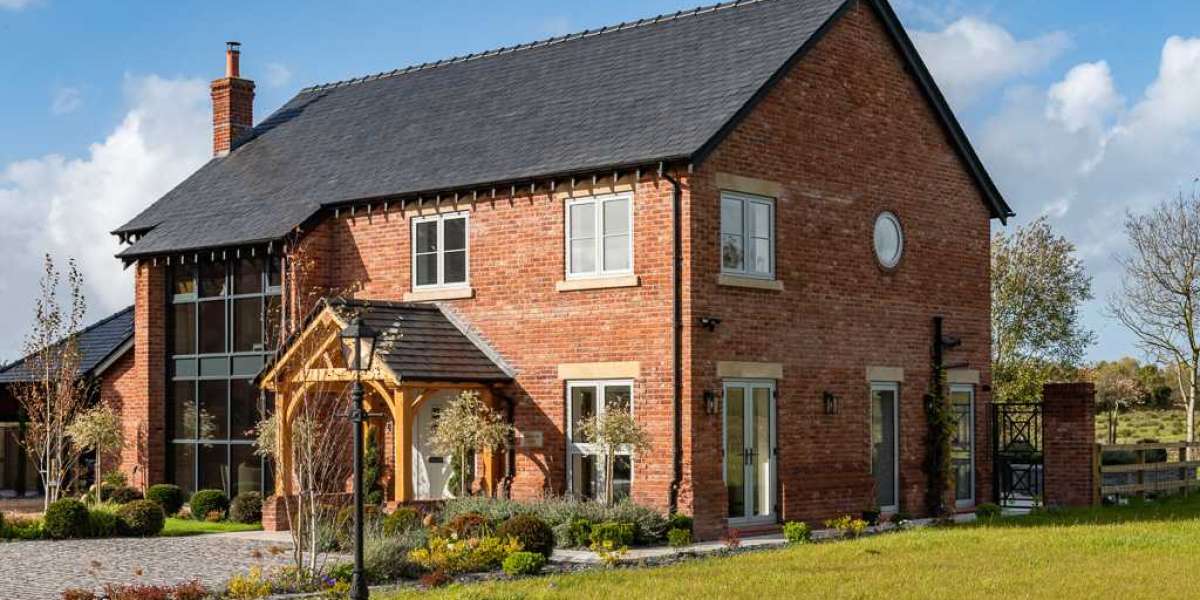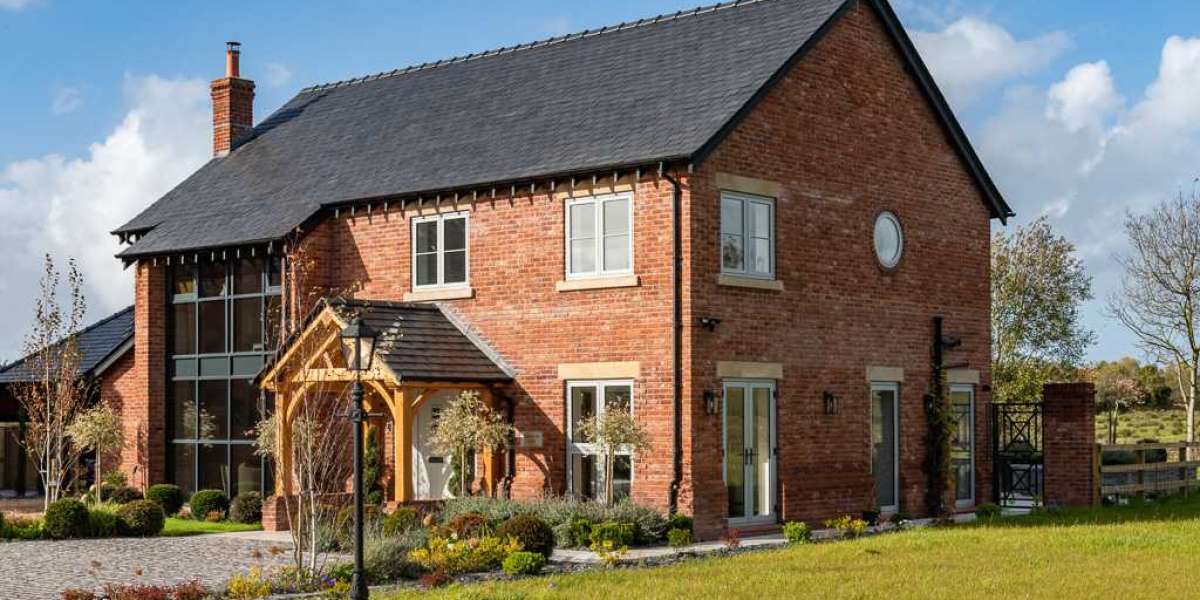uPVC (unplasticized polyvinyl chloride) windows have gained immense popularity in the construction and renovation of residential and commercial buildings. Known for their durability, energy efficiency, and low maintenance requirements, uPVC windows offer a myriad of benefits that make them an ideal choice for homeowners and builders alike. This article will explore the features, advantages, and considerations of uPVC windows to help you make an informed decision.
What are uPVC Windows?
uPVC windows are made from a rigid, high-quality plastic material that is resistant to weathering, chemical erosion, and UV radiation. Unlike traditional PVC, which contains plasticizers that make it flexible, uPVC is unplasticized, providing a stronger and more durable product. This makes uPVC windows an excellent option for various climates and environments, ensuring longevity and performance.
Key Features of uPVC Windows
- Energy Efficiency: One of the standout features of uPVC windows is their excellent thermal insulation properties. The multi-chambered design of uPVC frames helps to trap air, reducing heat transfer between the interior and exterior of a building. This results in lower energy consumption for heating and cooling, leading to significant savings on energy bills.
- Low Maintenance: uPVC windows require minimal maintenance compared to wooden or metal windows. They do not need to be painted or stained, and a simple wipe with a damp cloth is usually sufficient to keep them clean. Additionally, uPVC is resistant to rotting, rusting, and corrosion, further reducing the need for upkeep.
- Durability: uPVC windows are designed to withstand harsh weather conditions, including heavy rain, snow, and extreme temperatures. They are not susceptible to warping, fading, or cracking, making them a long-lasting investment for any property.
- Sound Insulation: The dense material of uPVC windows provides effective sound insulation, reducing noise pollution from outside. This is particularly beneficial for homes located in busy urban areas or near highways, allowing for a more peaceful living environment.
- Aesthetic Variety: uPVC windows come in a wide range of styles, colors, and finishes, allowing homeowners to choose options that complement their architectural design. Whether you prefer a classic white finish or a wood-grain effect, uPVC windows can enhance the aesthetic appeal of your home.
- Security Features: Many uPVC windows are equipped with advanced locking mechanisms and multi-point locking systems, providing enhanced security against break-ins. The robust nature of uPVC also makes it difficult for intruders to force open the windows.
Advantages of uPVC Windows
- Cost-Effectiveness: While the initial cost of uPVC windows may be higher than traditional wooden windows, their long-term benefits outweigh the upfront investment. The energy savings, low maintenance costs, and durability contribute to their overall cost-effectiveness.
- Eco-Friendly Option: uPVC is a recyclable material, making it an environmentally friendly choice for window frames. Many manufacturers have adopted sustainable practices in their production processes, further reducing the environmental impact.
- Improved Property Value: Installing uPVC windows can enhance the value of your property. Potential buyers often look for energy-efficient and low-maintenance features, making uPVC windows an attractive selling point.
- Customization Options: Homeowners can customize uPVC windows to fit their specific needs. From different styles (casement, sliding, tilt-and-turn) to various Glazing By Ideal Glass options (double or triple glazing), uPVC windows can be tailored to meet individual preferences.
Considerations When Choosing uPVC Windows
- Quality of Installation: The performance of uPVC windows largely depends on the quality of installation. It is crucial to hire experienced professionals to ensure that the windows are fitted correctly, preventing issues such as drafts, leaks, or condensation.
- Color Fading: While uPVC windows are generally resistant to fading, prolonged exposure to direct sunlight can cause some discoloration over time. Choosing high-quality products with UV-resistant coatings can help mitigate this issue.
- Limited Repair Options: Unlike wooden windows, which can be sanded and refinished, uPVC windows may not be easily repairable if damaged. In some cases, replacement might be necessary, so it is essential to handle them with care.
- Environmental Concerns: Although uPVC is recyclable, the production process involves the use of fossil fuels and can contribute to environmental pollution. When considering uPVC windows, it may be worth exploring manufacturers that prioritize sustainable practices.
Conclusion
uPVC windows offer a compelling combination of durability, energy efficiency, low maintenance, and aesthetic appeal, making them an excellent choice for modern homes. Their long-lasting performance and cost-effectiveness can enhance both comfort and property value. However, potential buyers should consider factors such as installation quality and environmental impact when making their decision.
By understanding the features and benefits of uPVC windows, homeowners can make an informed choice that aligns with their needs and preferences. Whether you are building a new home or renovating an existing one, uPVC windows present a practical and stylish solution for enhancing your living space.
